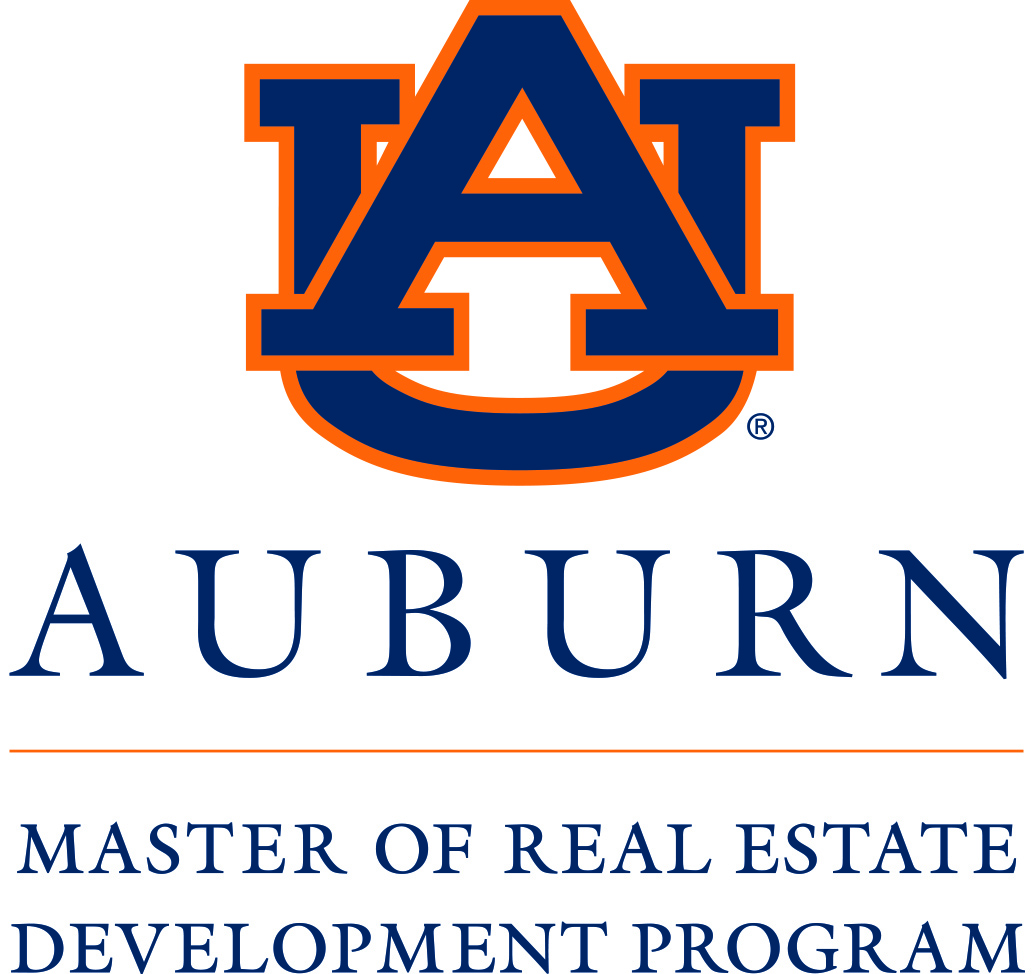CRE Master’s Programs Can Widen Horizons, Even For Seasoned Developers

At the start of each semester, students in the Master of Real Estate Development program at Auburn University gather for a week of seminars and discussions. But a look around the room shows that this is no average graduate program. Among its two dozen enrollees, the program boasts a combined 200 years of real estate development experience.
“Thirty percent of our students are already CEOs, and on average, each has 12 years of experience,” said Michael Robinson, director of the graduate program in real estate development at Auburn University’s Harbert College of Business. “We’ll have one faculty member in the room, but all of our students are educators, too.”
For these industry veterans, learning is not about memorizing facts or techniques. Instead, seasoned developers are enrolling in master’s programs to explore different asset classes, forge a nationwide network of connections and find new meaning in their work.
Among the Auburn MRED students who are not yet CEOs, most are vice presidents or high-level executives at their respective firms. The goal of the program, Robinson said, is to advance and develop the next generation of real estate leaders — those who don’t lead a company already should leave with the skills and network to hang out their own shingle.
While developers may have a deep knowledge of one particular asset class, master’s programs can widen their horizons to other areas that they may not have considered, or areas they want to break into where they currently lack experience.
“A lot of people come in with a decade of experience in a single product, like self-storage or industrial, but they want to do more, they want to try their hand at office and mixed-use,” Robinson said. “We can help them put the pieces together.”
The best resource for these developers is often their fellow students. It is not uncommon to see a member of the program with experience in multifamily describing the nuances of apartment development to a group of industrial developers in the program, Robinson said. Numerous companies and partnerships have been formed between Auburn MRED alumni with complementary experiences.
Master’s programs like Auburn’s can also help developers fill in the blanks in areas like urban planning, design and social responsibility — topics that may not get covered in the day-to-day responsibilities of their positions at their firms.
With a combination of live discussions and web-based lectures, MRED students are able to continue to work full time over the program’s 21 months. Robinson said he hopes the education complements their daily work at their firms.

The connections students make aren’t restricted to their classmates. The program brings in numerous guest speakers who join the students’ growing networks. Each year, the class will also go on multiple trips to domestic and foreign cities to meet with local developers, hear their stories and examine their strategies. In addition to Philadelphia, Seattle, Portland and Denver, the program has recently traveled to London, Sydney, Auckland, Singapore and Hong Kong.
“We’re not just going sightseeing,” Robinson said. “We’re touring construction sites and sitting down in boardrooms with executives, looking through their financial analysis, hearing about their struggles and having them tell us about how they got started.”
These trips offer students an opportunity to see the cutting edge in construction and development. Robinson described how he and the members of the MRED program were standing on the roof of a building in Portland as a guest speaker explained how an innovative air handling system was helping his project conserve energy.
“One student, who was the head of development for one of the nation's largest healthcare REITs, took out his phone and made a call back to his colleagues,” Robinson said. “He said, ‘I want you to fly out here and see what these guys are doing here in Portland.’ He completely changed [his] project because of what he learned that day.”
Long after their time in the program, alumni can rely on the connections they have made to advise them on new projects and initiatives. Joe Collazo, the assistant director of graduate executive programs at Auburn University, said that the cohort functions like a consultancy group: alumni are able to pick up the phone and connect with experts with whom they have built up a relationship already.
Those relationships are also integral to another part of the program’s purpose: helping developers find deeper meaning in their work. Because real estate can get so bogged down in the physical world, Collazo said, it can be hard to remember why developers love what they do.
“Choosing to enroll in this program goes beyond just getting a different job or making more money,” he said. “We want to help more students toward meaningful, impactful work. We want to instill a mentality that our students are impacting a community and improving the quality of life for all involved.”
This feature was produced in collaboration between Bisnow Branded Content and Auburn Master of Real Estate Development. Bisnow news staff was not involved in the production of this content.

